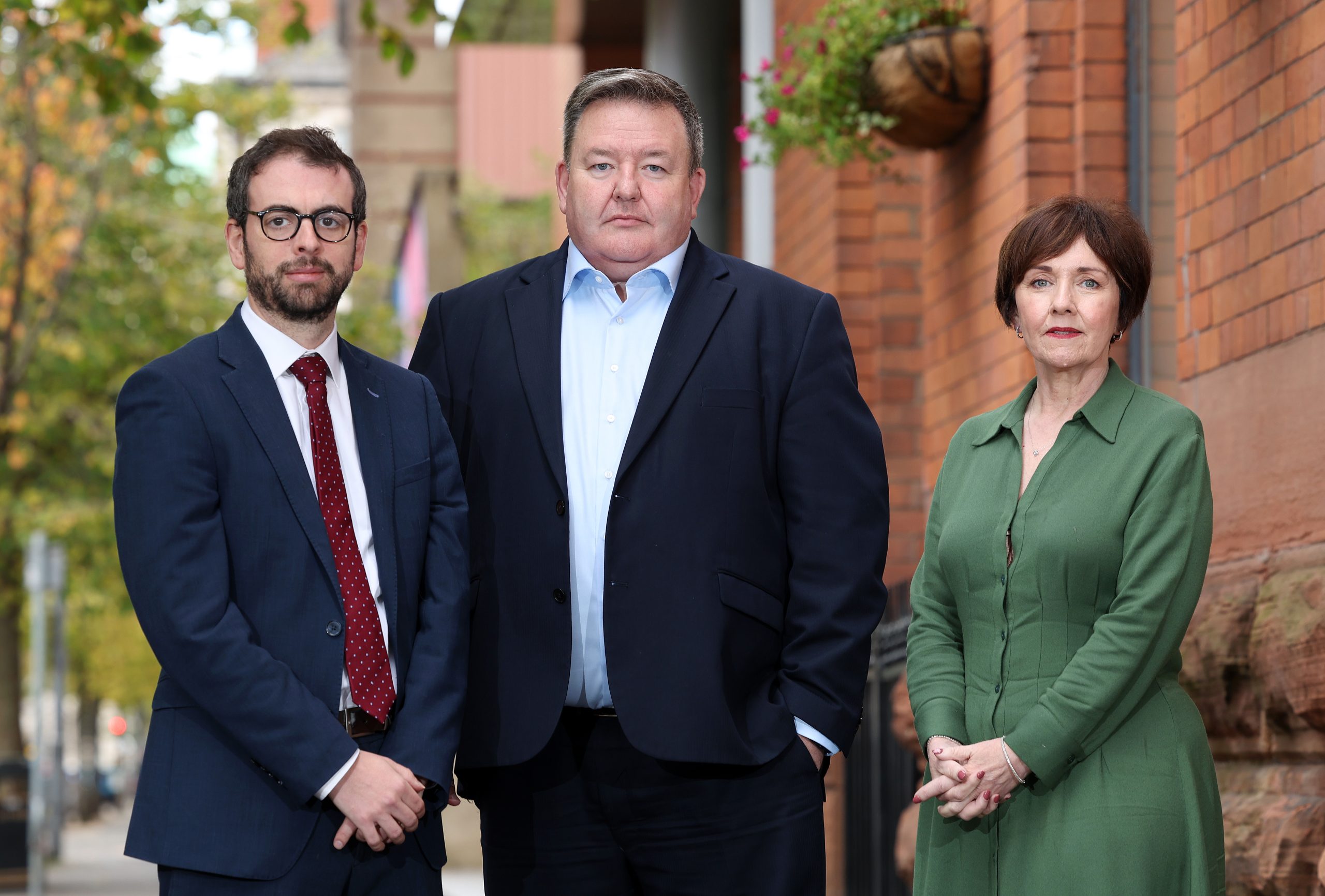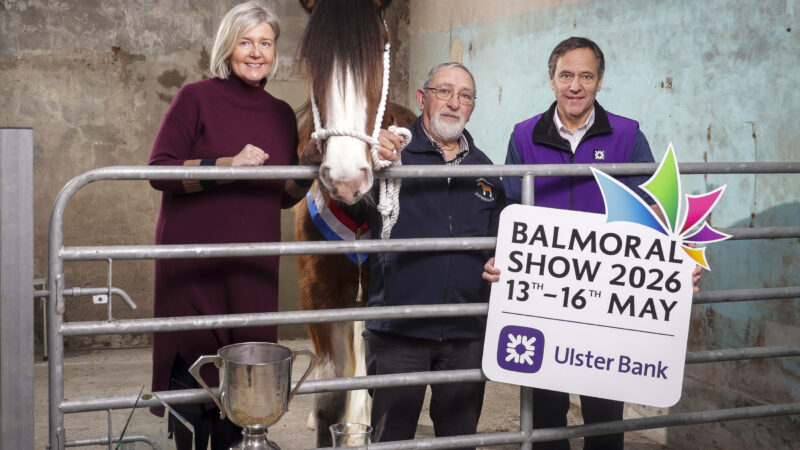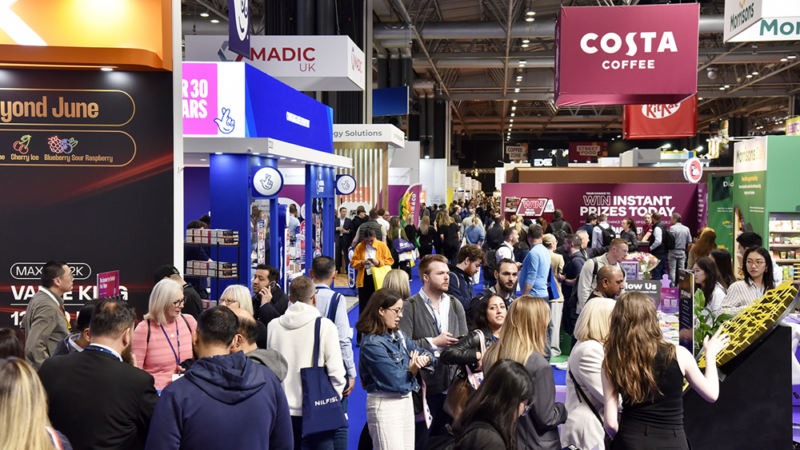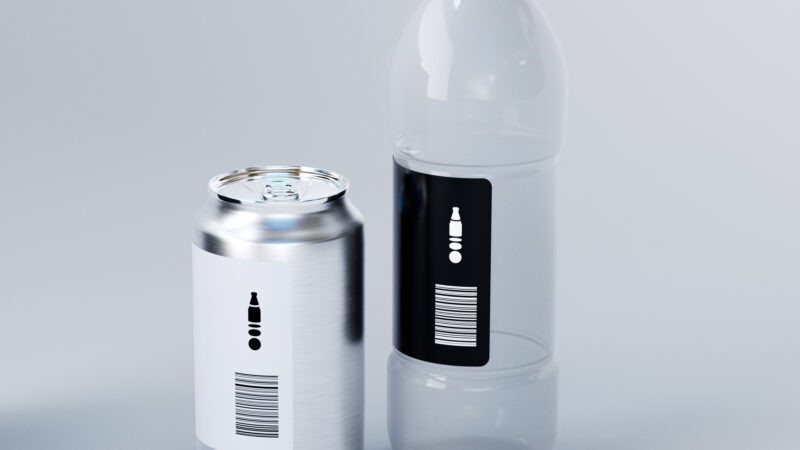Calls for Action Economic Survey Shows ‘Clear Slowdown in Demand’

Northern Ireland Chamber of Commerce and Industry (NI Chamber) has called for the establishment of an Energy Taskforce and the restoration of a functioning Executive, following the publication of economic survey results which indicate that the region’s weakening economy is facing significant headwinds.
Escalating costs and indications of a slow-down in demand are impacting Northern Ireland’s economic performance, according to the findings of the latest Quarterly Economic Survey (QES) report for Q3 22, published on 13 October by NI Chamber and business advisers BDO.
While most businesses were trading well (28%) or at least reasonably (45%) in Q3, there was a significant drop in the share of businesses trading well in Q3 22, down from 39% in Q1 22 to 28% in Q3 22. The shThursdayare of businesses just covering costs rose to 20% (12% Q1 22). Five percent of businesses were really struggling in Q3 22.
3 in 5 (61%) members saw some slowdown in demand during the last quarter, up from 55% in Q2 22. 34% saw no change in the demand for their products/services.
Confidence and Investment
Confidence that turnover will growth in the next 12 months remains positive; more manufacturing and service sector companies said they believe turnover will grow than contract. However, that confidence has been falling since the start of the year, with balances now similar to pre-COVID levels, after what had been a strong recovery. The turnover confidence balance was +16% for manufacturers in Q3 22 (+17% Q2 22) and +21% for services (+26% Q2 22).
Firms who responded to the survey expressed serious concerns around their business profitability in the next 12 months. Confidence around profitability plummeted for both the manufacturing and service sectors, with more businesses believing profits over the next 12 months will fall rather than rise. The manufacturing balance was -26% in Q3 22 (-6% Q2 22) and in services -18% (0% Q2 22). For manufacturers that is only slightly better than in the midst of the pandemic in Q3 20 and is similar to balances experienced after the financial crash in 2008/09.
Investment intentions around capital deteriorated for both sectors, for manufacturers to +7% in Q2 22 (+13% Q2 22) and services at -3%, down from +11% in Q2 22.
Cash flow
In Q3 22 the cash flow balance for manufacturers deteriorated to -26% (-17% Q2 22). In services, the balance deteriorated significantly, falling to -21% from a relatively flat position in Q2 22 (+1%). This made Northern Ireland the worst performing UK region for this indicator in Q3 22.
Prices & costs
Expectations to raise prices remain very high across sectors. 81% (83% Q2 22) of manufacturers and 70% (75% Q2 22) of service businesses are expecting to raise prices in the next 3 months. The inflationary pressures driving this are acute, with 9 in 10 businesses impacted. In Q3 22, Twice as many firms were dealing with pressure from rising labour costs (78%) compared to the start of the year (38% Q1 22). 1 in 4 businesses saw energy costs rise by 50% or more over the last quarter, while 1 in 10 have seen costs more than double.
EU Exit
Significantly more businesses have adapted to the new trading arrangements post EU exit compared to the same quarter a year ago. 38% are dealing well with new arrangements (25% Q3 21). 18% had found them difficult but are now dealing with them (20% Q3 21). However, around 1 in 6 are still finding the new EU exit arrangements challenging.
While 24% state that there has been no change in costs and 26% state that they can’t say, for the remaining 49%, there have been some additional costs as a result. 1 in 10 said costs have increased by 10% or more with EU exit.
Wage costs and rewards
The share of employers offering pay rises over 5% has doubled in the last year to 45% (22% Q3 21). 23% of businesses have given wage increases up to 2%, with 28% of firms giving between 3-5%.
Around half of members offer flexible working and 1 in 4 provide performance related bonuses. Other employee supports and rewards noted by members include cost of living payments, health insurance, increased pension contributions and additional holidays.
Manufacturing
NI’s manufacturing performance deteriorated considerably in Q3 22. Order books are weakening and firms face a perfect storm of cost challenges. Some key indicators turned negative in Q3 22, meaning more manufacturers reporting falling domestic (UK) sales and exports than those reporting a rise. Confidence around profitability plummeted and cash flow remains a very weak indicator for the sector. Utility cost increases now dominate member concerns along with rising raw material, fuel and labour costs. NI manufacturers are more concerned about interest rate hikes than any other UK region (42% vs. UK 32%).
Services
Aspects of the service sector’s performance remained positive in Q3 22 but order books are weaker and profitability is a serious concern. Key balances around domestic and export orders turned negative this quarter and confidence in profitability took a significant downturn in the context of an already weak cash flow position. However, employment balances remain relatively strong and a high share of firms are recruiting, although they are still facing significant difficulties finding staff. Rising labour costs are a key pressure on prices, affecting 80% of members (UK 61%). Rising utility costs (82%) are also adding considerable strain on this sector.
Commenting on the survey findings, Ann McGregor, Chief Executive, NI Chamber said:
“While Q3 2022 QES findings show a majority of businesses are trading well or at least reasonably, the weakening of key indicators suggest cause for concern around Northern Ireland’s economic performance, driven in large part by escalating costs and signs of a slowdown in demand.
“In this challenging context the need for the restoration of an Executive is clear. While a functioning Executive will not solve the cost of doing business crisis, the in-tray of overdue reforms and resultant crises continues to grow.
“It is our firm belief that with political will, a range of devolved policy levers could be used to help ease pressures on our businesses; from unlocking green growth through planning reform, to investing in people through health transformation, up-skilling the workforce and tackling the cost of childcare. Today’s survey findings are proof that the business case is now too compelling to tolerate further delay.
“For as long as we remain without an Executive, an Energy Taskforce should be established immediately between policymakers and relevant stakeholders, to address Northern Ireland’s unique circumstances and secure the best outcomes in tackling the energy crisis, protecting security of supply and driving the low carbon transition.”
“On Brexit, it is encouraging to see more firms getting to grips with the new trading arrangements, but we still lack the certainty and simplicity needed on the Northern Ireland Protocol to build confidence and drive investment. For some time we have been advocating for a solution that protects both the consumer’s access to the GB market and the producer’s dual market access. That will require more ambition and compromise from both the EU and the UK, but both sides have a responsibility to deliver it with urgency.”






